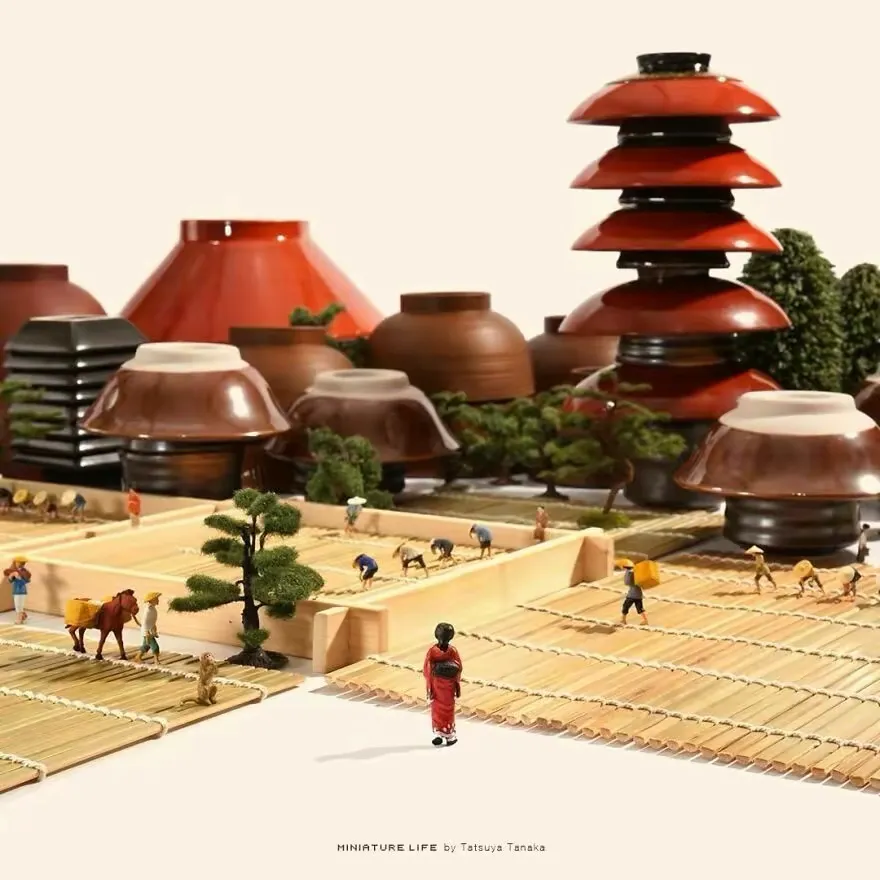The term phenomenon seems to be a universal concept, and the word "phenomenon" seems to be used in everything from philosophy to physics and chemistry. Appearance, on the other hand, is rare in Chinese thought, and it should be said that it is a translated word.
Phenomena and appearances are often misunderstood as different representations of something. In particular, the term appearance is often mistaken for an abbreviation for "superficial phenomenon".
This is, of course, absurd.
In fact, the word phenomenon, which is widely used in astronomy, physics, and chemistry, should be called "event" if it is strictly prescribed in philosophy.
We see the sun in the sky and think that it always has some degree of constancy, which of course is not true, the sun is different every second than the last. But we look at this individual thing from a perceptual point of view, which is not "constant" in nature, and we feel that it is a manifestation of the phase, the so-called "constant", that is, it is a stable perceptual phenomenon.
In fact, the sun can only be an event.
Just as we look up at the stars and think that the stars are there every day, but it is likely that they are actually illusions of time, as a collection of events, many stars are long gone, we just see them as events.
Therefore, the so-called phenomenon, in philosophy, actually refers to the individual things of the senses. It has not yet been prescribed by intellectuality.
Appearance, in German Vorstellung, refers to the collection of two things: the first is the material and content of the perceptual thing, which begins to be functioned and set by the subject's intellect, that is, what is prescribed and limited by the "I"; the second thing is the content of the "I" thinking material, such as law, ethics, morality, faith, etc., which is also the prescribed content of the appearance, and sometimes we express these as "ideas".
That is: phenomena refer to perceptual things that have not entered the mind;
Appearances, on the other hand, are what "I" get after I begin to think about sensual things.
After phenomena and appearances, there is what is called thought. It can also be called a systematization of isolated appearances (or ideas).
The so-called philosophy is to transform appearances into ideas, and then to implement the abstract process of thought into concepts.
So we can find that the so-called philosophical concepts that are flooded with self-media, telling one by one, and looking high-end and high-grade, are not philosophies in essence. Rather, philosophy is returned to the individual thing of the sensibility.
Philosophy is the study of processes, not the knowledge of conclusions. Without understanding this, it will be difficult for us, as a nation, to surpass. And it will fall into a crisis of wisdom: there are many wise men, but now they are struggling ideologically. Do some tinkering with the simple work. This simple study, that is, the study of evidence, is an academic paradigm left over from the Qing Dynasty, and its far-reaching influence limits the development of people's thoughts, and makes people dare not cross the thunder pond in terms of thinking and wisdom.
